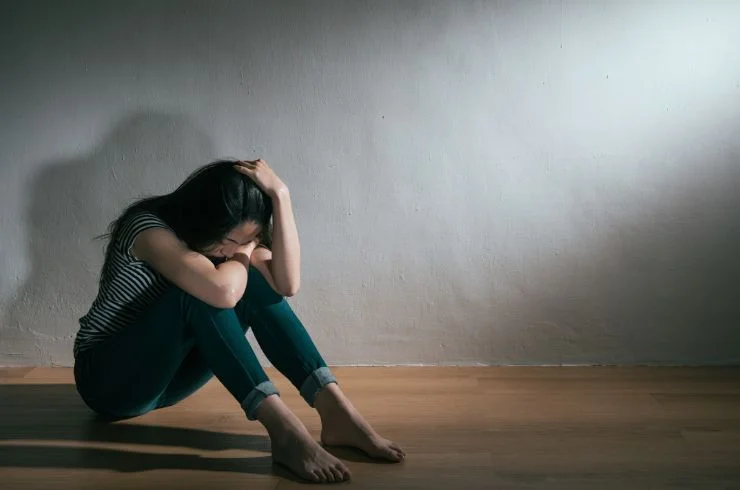
Depression is more than just feeling sad or having a bad day. It is a serious mental health condition that affects how a person feels, thinks, and handles daily activities. It can disrupt every aspect of life, from work and relationships to physical health. The good news is that with the right treatment and support, recovery is possible.
What is Depression?
Depression, also known as Major Depressive Disorder (MDD), is a mood disorder characterized by persistent feelings of sadness, hopelessness, or emptiness. It can affect anyone, regardless of age, gender, or background. Unlike temporary sadness or grief, depression lasts for weeks, months, or even years and requires professional care.
Common Symptoms of Depression
Depression can manifest differently in each individual, but common symptoms include:
Emotional Symptoms:
Physical Symptoms:
Cognitive Symptoms:
Causes of Depression
Depression often results from a combination of factors, including: